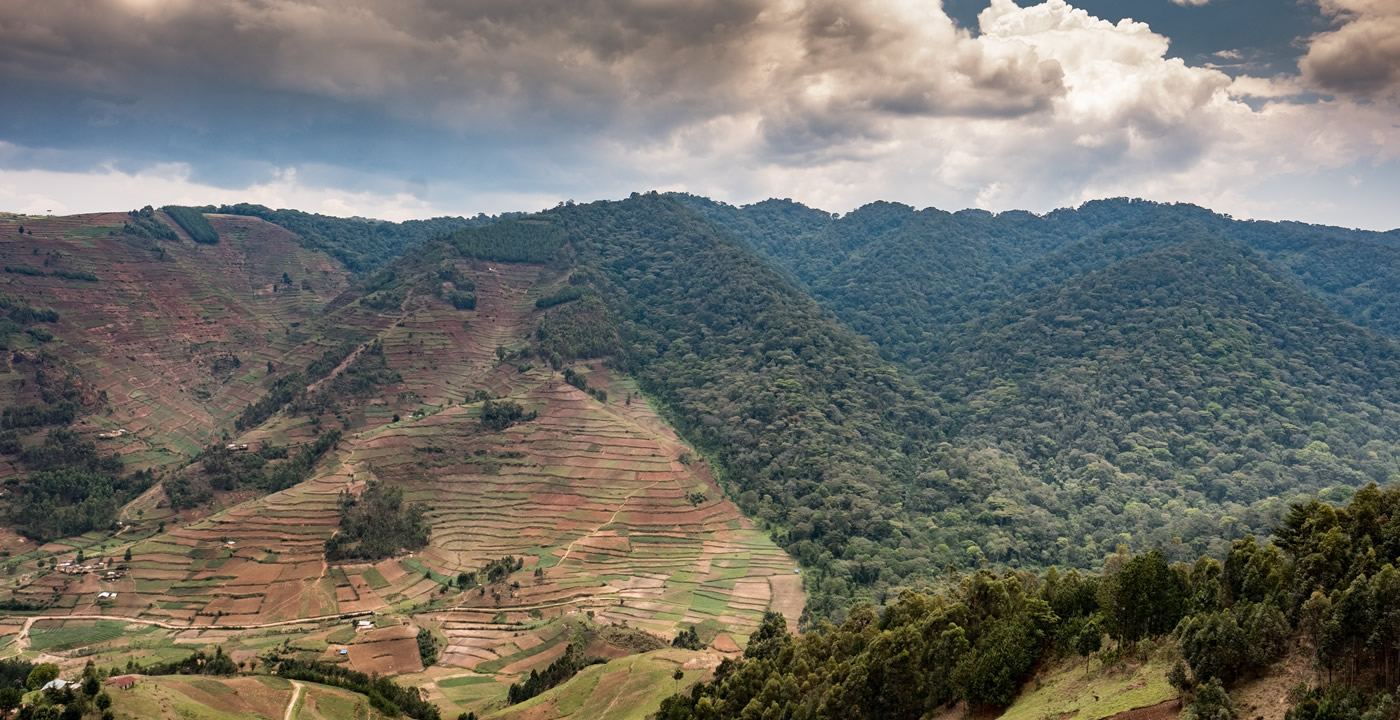Forest play a key role in sustaining significant biodiversity, providing essential ecosystem services, supporting livelihoods, meeting the country’s high demand for energy in form of firewood and charcoal, and enhancing climate resilience and adaptation capacity. However, Uganda is estimated to be losing its forest cover at a rate of 80,000 hectares per year; largely due to conversion of forest lands to agriculture and overharvesting of wood for firewood and charcoal. Uganda has a high population growth rate that is exerting more demands on forests and their functions. Continued instability in neighbouring countries like South Sudan, Burundi, Democratic Republic of the Congo makes Uganda the largest refugee host country in Africa with than 1.5 million refugees and asylum-seekers. This has resulted into establishment of some of the world’s largest refugee settlements which often accompanied by environmental impacts, forest depletion. Deforestation has led to severe degradation and loss of wildlife habitats, contaminated water, reduced land productivity, micro-climate change and rural energy crisis.
At Care for Nature, we are spearheading restoration of forest vegetation, while improving the livelihoods of communities in critical landscapes including refugee areas, mountainous areas, around forest reserves. Our goal is to plant and maintain at least 10 million trees across our focus ecosystems by 2025. Through our forest restoration interventions, hundreds of Ugandans are employed to establish and manage nursery beds, plant and take care of trees and partner communities are supported to establish bee-keeping business around forest buffers. We are also introducing smart cooking stoves in our target areas to reduce on firewood and charcoal energy consumption.

